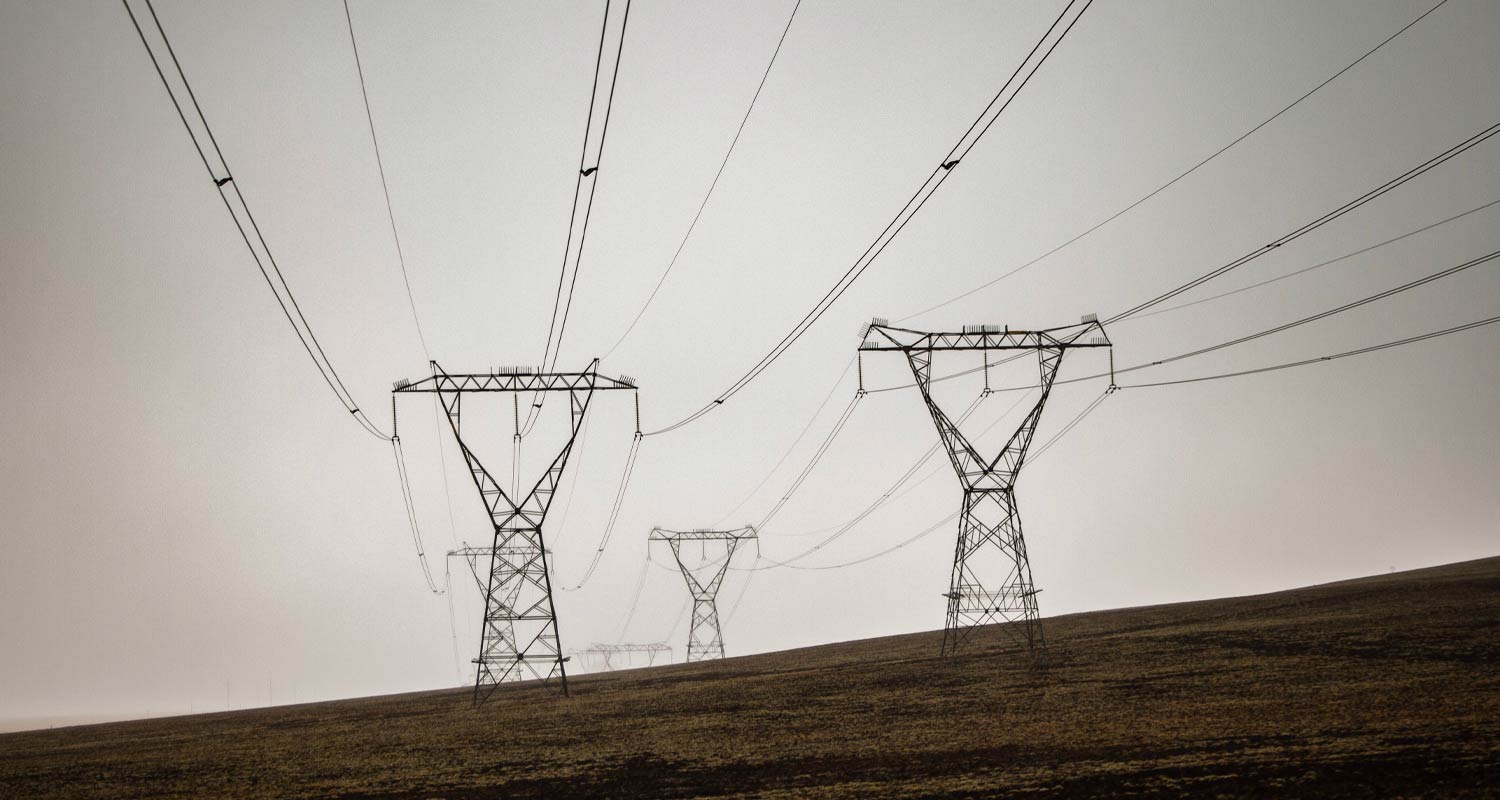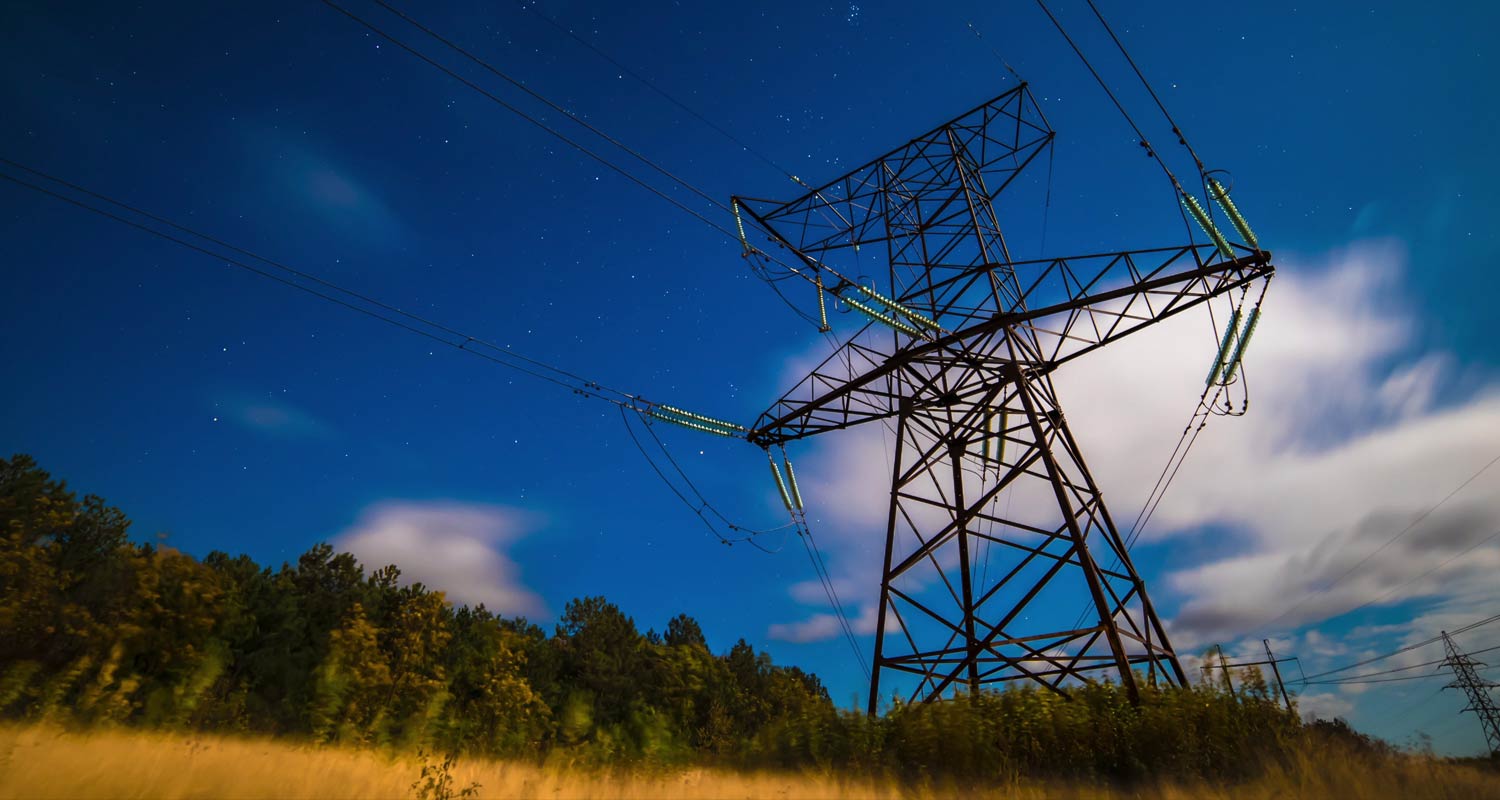 South Africa is on the cusp of starting a traded electricity market that will give consumers a choice of power products along with a range of pricing options, according to a top investment bank.
South Africa is on the cusp of starting a traded electricity market that will give consumers a choice of power products along with a range of pricing options, according to a top investment bank.
The economy has relied on state-owned Eskom for the bulk of its electricity supply for more than a century. Mismanagement and underinvestment at the utility led to record outages in 2023, causing government to allow private companies to build power plants of any size to meet their own needs and to sell to the grid.
Now the country has opened the market to licensed traders, an area Rand Merchant Bank is backing.
“It’s the beginning of a traded electricity market in South Africa,” Judy Kobus, head of infrastructure sector solutions at RMB, which is providing financing solutions to traders, said in an interview in Johannesburg.
South Africa’s energy regulator has so far licensed 10 traders, who will create a market-orientated pricing structure that will allow consumers to choose their own electricity supplier based on price. Among them are closely held Green Electron Market, Discovery Green, CBI Electric Apollo and Africa GreenCo, as well as Eskom’s own National Transmission Co. RMB also expects the move to reduce the cost of energy.
Electricity prices in South Africa increased more than eightfold between 2008 and 2023, data from the Centre for Renewable and Sustainable Energy Studies at Stellenbosch University shows. Inflation over that period was 215%, it said.
RMB’s Infrastructure Sector Solutions, which facilitated R40-billion of renewable energy projects in its last financial year, also plans to invest in upgrades to the grid to boost connection capacity. South Africa’s constrained transmission network has limited the number of renewable power plants that can be built.
Investors
“We’ve engaged with government” and clients on “what this transmission roll-out might look like, what type of support might be required”, said Kobus. “We are also crowding in international players who are very experienced on the technical side of transmission lines and so forth, and looking to bolster the capacity that the country has.”
The government is looking for investors to help build 1 164km of transmission lines in a pilot phase as part of a bigger project that will see the roll-out of 14 218km of power lines over the next decade at a cost of more than R440-billion.
Read: Eskom added no new plant in 2024 yet lights mostly stayed on
The RMB division is also planning to invest in South Africa’s dilapidated freight-rail lines by supporting the procurement of rolling stock and financing the concessioning, Kobus said.
South Africa’s coalition government is seeking as much as R3.2-trillion from the private sector by 2030 to help upgrade roads, ports and other infrastructure to expand the economy that’s grown at less than 1% a year on average for more than a decade.
 Outside of South Africa, RMB is eyeing a broad range of deals. In the past year, it closed airport transactions in Senegal and Ghana and railway deals in Nigeria and Tanzania. It also expects to close a terminal deal in Namibia soon, Kobus said.
Outside of South Africa, RMB is eyeing a broad range of deals. In the past year, it closed airport transactions in Senegal and Ghana and railway deals in Nigeria and Tanzania. It also expects to close a terminal deal in Namibia soon, Kobus said.
“Ports, railway, and also airports, have been quite a theme in the broader continent, she said, adding that RMB is seeing “a lot of opportunities in the transport sector specifically”. — Additional reporting by Paul Burkhardt, (c) 2025 Bloomberg LP
Get breaking news from TechCentral on WhatsApp. Sign up here.




